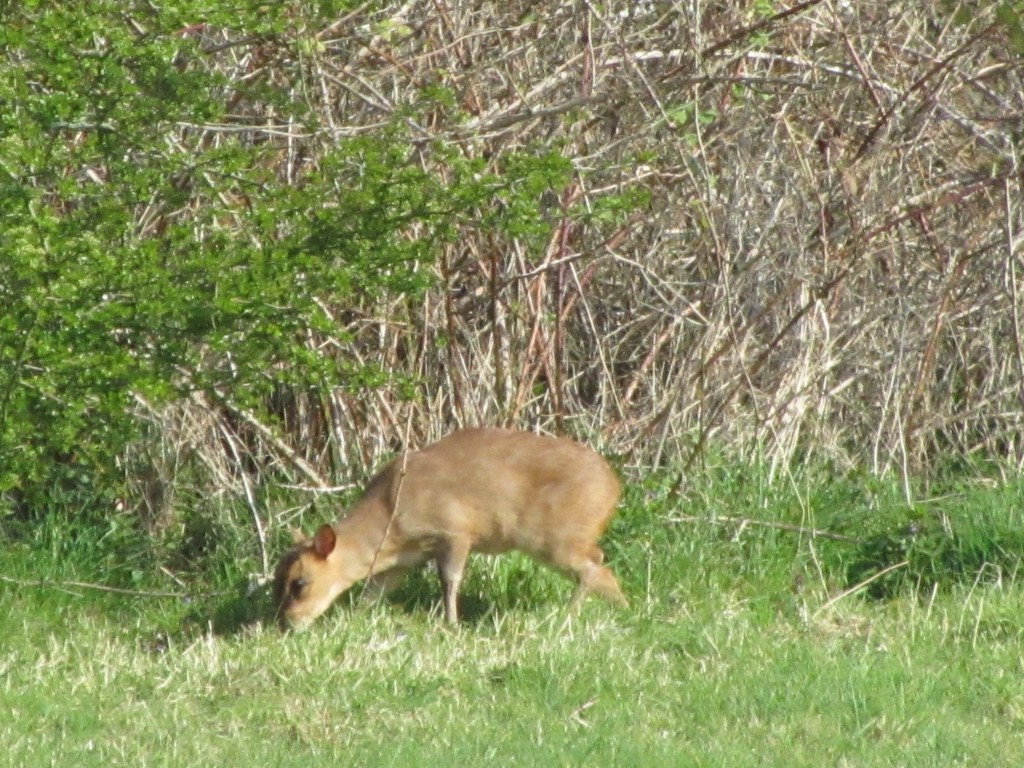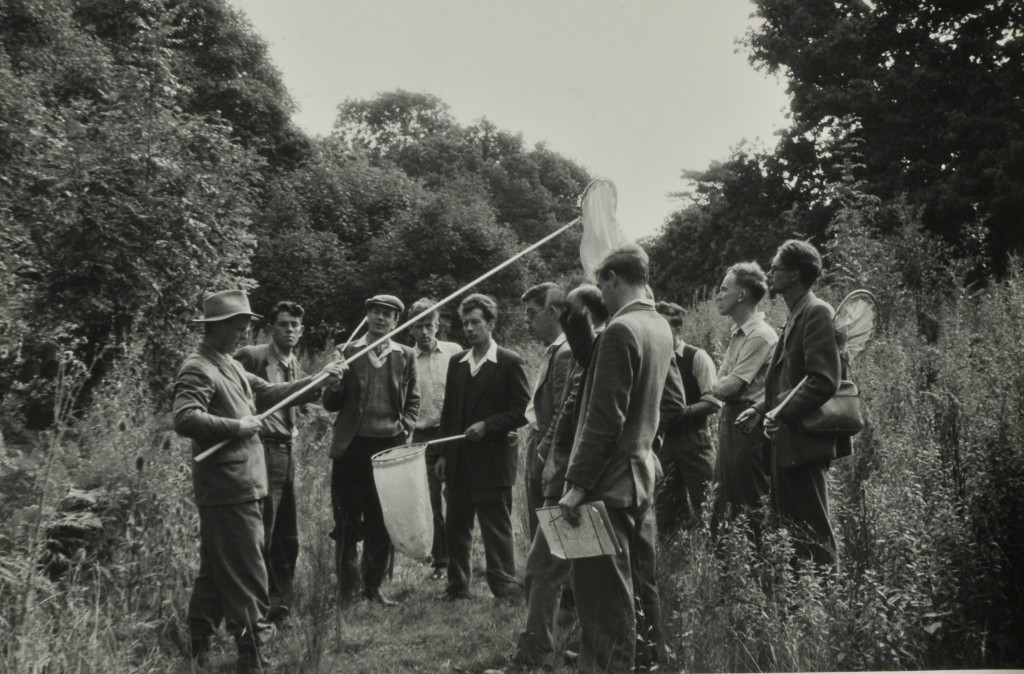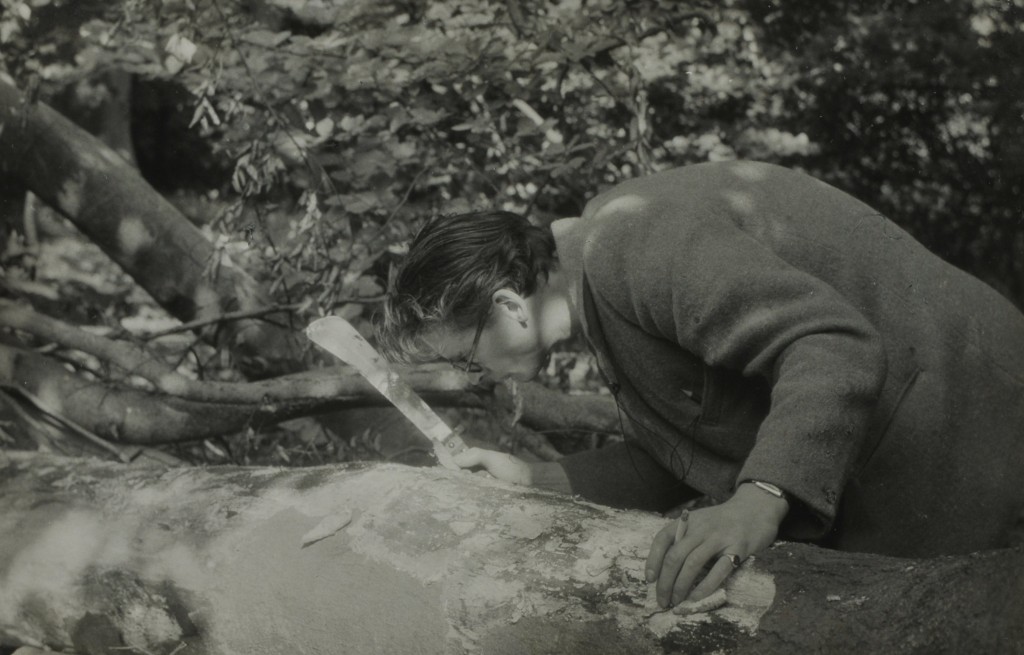Charles Elton’s diaries shed new light on Wytham Woods
The output of scientific research is often distilled into bite size research chunks that can be neatly wrapped into a publication. Many of the careful observations, recordings and field notes created as part of a research project rarely make it into the final publication. However, these long term, observational records can yield important insights that inform and develop later research.
The re-discovery of Charles Elton’s diaries is revealing new insights into the history of Wytham Woods, once of the most intensively studied woodlands in the world. Dr. Keith Kirby from Oxford University presented an overview of the valuable information that can be gleaned from Elton’s diaries at the joint BES/SFE conference in Lille today.
Tucked away in the cabinets at Oxford University’s Museum of Natural History, the diaries contain many valuable records, observations and insights into ecological research in the mid 20th century.
One entry from 18th May 1967 makes for ironic reading today, “There is excitement at the arrival, recorded elsewhere in the Survey, of 4 muntjac deer…..”
As Dr. Kirby pointed out, “The muntjac deer escaped from Woburn Park during the war and have since spread across much of England. There might have been less ‘excitement’ if the future extent of damage that their descendents would do to the Woods had been appreciated.”

Other entries show just how much our climate has changed in the past century:
8th November 1956 “The lateness of leaf-fall is quite remarkable. Probitts cannot remember a year like it and says beech mast is also late and continues to fall. The individual trees vary greatly, but there are some of practically all species with a lot of leaf. Beeches are in wonderful yellow and brown colours.”
Nowadays we have become used to leaves staying on the trees well into November, as a result of climate change, but then it was unusual.
Ecologists have also changed. Students were much more smartly dressed for their fieldwork outings.

Although modern health and safety regulations might have a few things to say about their work practices.

You can find out more about Elton’s diaries here
Sive (BES Press Intern)
Twitter; @SiveFinlay
Like what we stand for?
Support our mission and help develop the next generation of ecologists by donating to the British Ecological Society.